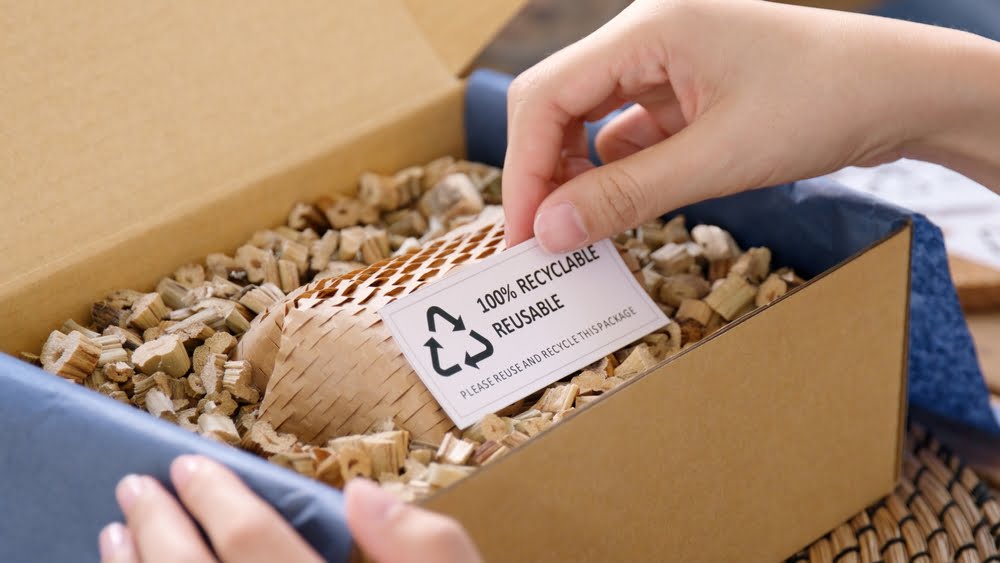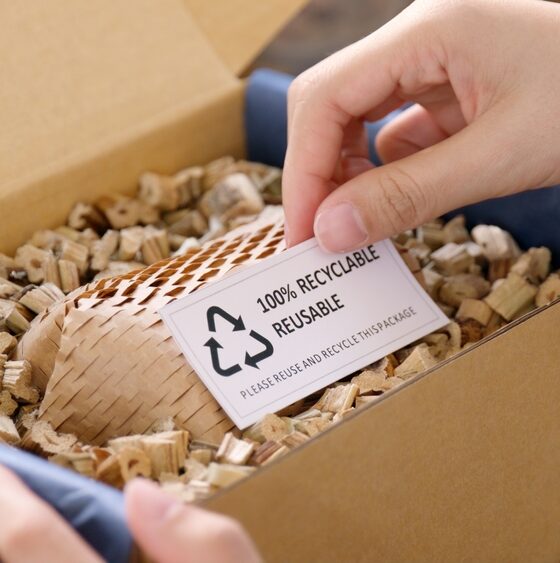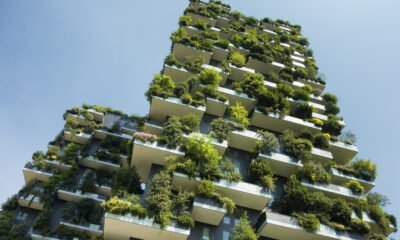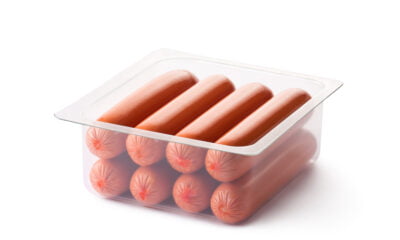

Features
6 Types Retail Stores Eco-Friendly Entrepreneurs Can Start
We wanted to give a shoutout to all of the entrepreneurs that are launching eco-friendly businesses these days. While capitalism has had a ton of devastating consequences for our society and the planet as a whole, it can also be a positive force for change in the hands of the right people.
The retail sector is among those that are becoming more sustainable. Emily Collins of Boston.com wrote an article about the growing number of sustainable stores in the Boston area, including Cleenland, Credo Beauty and Brattle Bookstore.
If you are planning on starting an eco-friendly store, then you are going to need to know how to structure it. There are six major types of stores that green entrepreneurs can start. Keep reading to learn more.
Top 6 Types Of Retail Store
No one pays much attention to the types of retail stores they visit when they are getting everything they need. However, for entrepreneurs that wish to create a valuable customer experience, it is important to know about the type of retail store so that they can meet all customer expectations. As a green entrepreneur, choosing the right type of store is important if you want to reach your target customer.
Thus, you should know about the different types of retail stores so you can choose the right structure for your customers. This simple guide will explain all the different types of retail stores in detail. So, let’s dive right in!
1. Departmental Store
A departmental store offers a range of products to its customers. There are many different types of that are divided into departments to help the customers to pick the desired product easily. In each department, you will get several retail displays. Each retail display contains products, signs, and other relevant information like product name, category, etc., to help the customers know the product properly.
Major department stores are some of the worst for the planet. However, there are some things that department stores can do to be greener, such as using greener cleaning materials. Nevertheless, they are not the best option if you want to start an eco-friendly store.
2. Convenience Store
You will often find convenience stores in the residential areas often operated by local owners to cater to the daily needs of the locality. The prices are higher as compared to a supermarket and hypermarket but you will save a lot on commuting. Moreover, you can take advantage of sale days to pick products at lower prices.
Convenience stores can be eco-friendlier than department stores, because they are smaller and the owners can be more selective of the types of goods they carry. They are also typically family owned, which means that the owners can be more careful about being eco-friendly. However, they still tend to buy from national suppliers, which isn’t great for the planet. It is possible to buy local though, which is better for the planet.
3. Supermarket
Supermarkets are specifically designed to cater to the general needs of the customers like food, laundry, household, maintenance products, etc. The supermarket covers a large area to incorporate a wide range of products. The cost of operation is low with a high volume of customers opting for a self-service style of shopping.
Supermarkets aren’t as eco-friendly as specialty stores or smaller stores, but they can still be sustainable. BioFriendly Planet has a list of some of the eco-friendliest grocers.
4. Specialty Store
A specialty store focuses on a limited number of products but goes deep into the range. They will carry several variations of the product line and allow the customers to pick a unique option according to their custom preferences.
These can be the best stores for green entrepreneurs. They can be easily run to be as sustainable as possible, which can include buying only green products.
5. Hypermarkets
When a hypermarket is a solid blend of a limited-line/specialty store, single-level store, and supermarket. The product assortment goes beyond a regular store and includes items like furniture, electrical appliances, food items, household products, etc. You can find almost anything in the hypermarkets.
You will find bulk displays and enjoy lucrative discounts if you are willing to buy in bulk or purchase heavy items from the store. Buying in bulk can be a great option for the planet if you use local, eco-friendly distributors, since you will use less energy transporting it.
6. Off-price Retail Store
Customers can get some products at reduced prices at these stores. The off-price retail stores get left-out products and irregular options at lower prices than the original from the manufacturers. Mostly, manufacturers own factory outlets where they send discontinued lines or irregular products. Customers can buy them at pretty low prices from the factory outlets of prominent brands.
Besides this, there are warehouse clubs and independent retail stores that are owned by entrepreneurs that offer a limited supply of products at low prices for the customers.
Some Last Words
Believe it or not, different retail types provide you with a solid idea about their future merchandising plan so that you can work on increasing returning customers and sales numbers smoothly. As an eco-friendly entrepreneur, you should carefully consider the best type of store for your customers. So, read the guide thoroughly to have the right idea about the retail store.






























